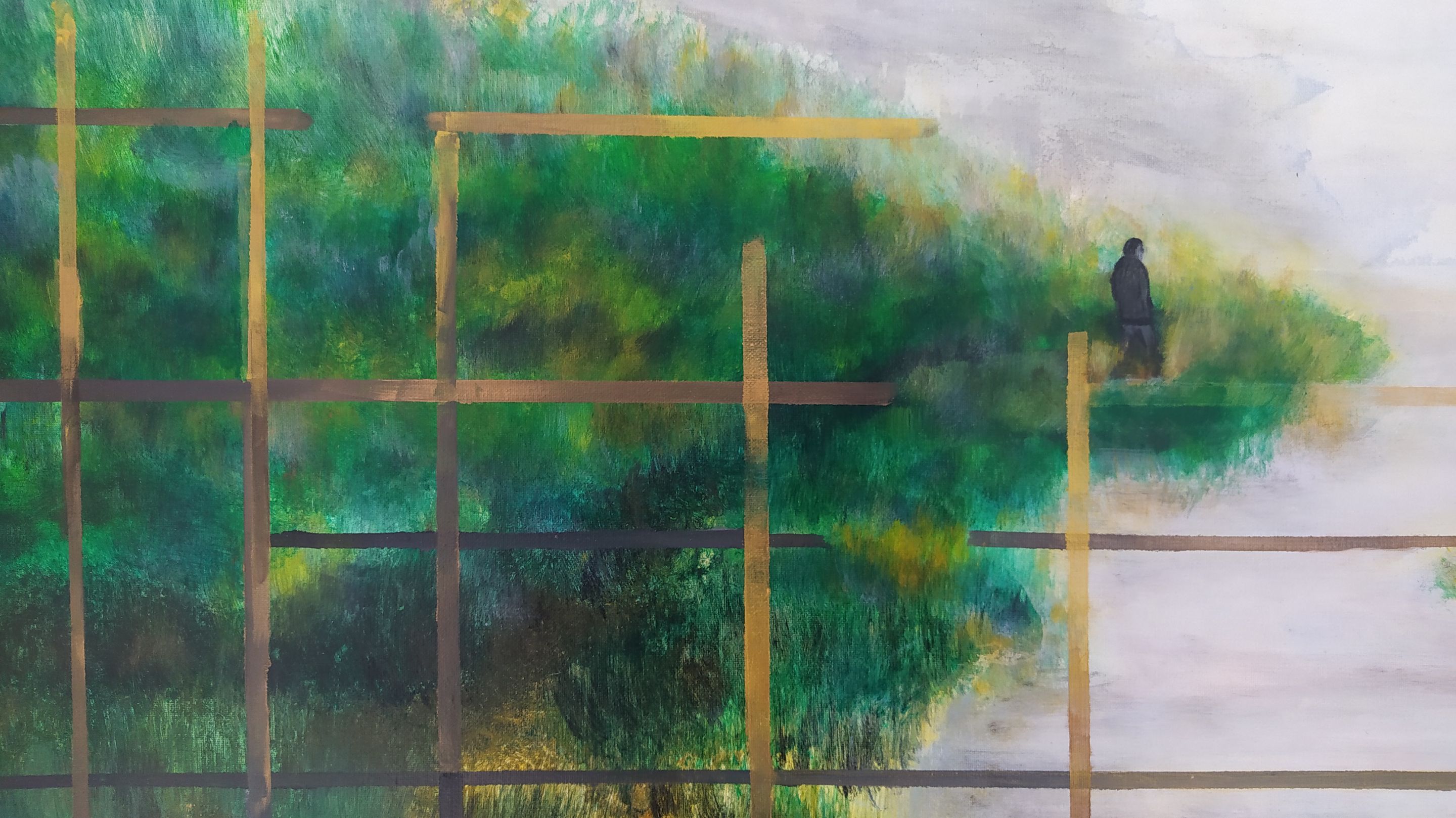
How do you receive the compliments and the critiques? Maybe they don't even affect you... or are you the hostage of applause and boos? In the life of musicians, being placed in the spotlight is a normal and very common occurrence. But many times, we experiment that we feel freer when no one is looking at us and saying anything, being free from applauses and jeers. We think that it is better for our life and the life of others. We enjoy and breathe deeply, having our heads high and having our feet on the ground. We like when everything is just smiles and a good mood, being away from concerns and complex issues, but we of course should not forget that life is full of unpleasant aspects too.
When people talk to us, they use words that can provoke some feelings of admiration and applause, but also those words and critiques that we receive as boos. We should not ignore the reality that we live in. It is not about always feeling satisfied and fattening our egos, as once we realise we are not flawless, deep deception takes the domination over our lives. We should somehow know how to balance compliments and critiques to feel really calm.
There are critiques that are said by the others with bad intentions, so we better know (have the intuition and knowledge) to filter them. The critique that serves for improvement is that we should accept with pleasure. With the will to progress. We should not be hypnotized by the applause, nor paralysed by the negative comments. Not wanting to see reality is not something that will benefit us in the long run. However, finding solutions and overcoming the issues is the way to go. In the world of music is the same.
There are some musical pieces, that are so famous now but you would not imagine that once they were very strongly criticised. Refused from the audience. For example, the premiere of the opera The Barber of Seville by Gioachino Rossini was ruined. The fans of another composer, Giovanni Paisiello who had written an opera using the same libretto came to the premiere of Rossini's piece and booed. There were shouting the name of Paisello, with was a total disaster for the concert that night.
https://youtu.be/qlrqdMXM0u0
source of the video on YouTube
And not just this opera had a bad first performance (well, acceptance from the audience). For example, The Marriage of Figaro by Wolfgang Amadeus Mozart was not received well either on the world premiere. But if you press the play button on the video you will immediately recognize the tune. It is so famous nowadays that it is hard to believe it was not accompanied by applause in the beginning. Maybe Mozart had to leave his composing after it? Of course, not.
https://youtu.be/aDlEAAe28WQ
source of the video on YouTube
If we continue with operas, Giacomo Puccini is a name that is very present in the world of that genre. One of the beautiful operas, Madama Butterfly had a similar fate. The rehearsals for the world premiere of the opera started in January of 1904 and were held behind closed doors, the music stayed in absolute secrecy. The singers were not allowed to take the music scores home. Two weeks before the premiere the tickets were sold out and everyone was waiting for a great success. However, when the day came, the attitude of the listeners was very hostile. The premiere became a flop that has never been seen before in an opera world premiere.
Some of the singers were very upset, cried and promised that will never sing this opera in Italy. The composer was very angry and annoyed but was convinced that the root of this bad experience was an enemy who decided to ruin his work. Anyway, Puccini accepted some of the critiques and arranged and changed some of the parts of the opera. The second performance, with the changed version, was a great success. Here comes one of the most famous arias from the opera, in performace of Maria Callas:
https://youtu.be/c-r2vu4t9-g
source of the video on YouTube
One night in Paris, in 1913 brought a complete deception to the Russian composer Igor Stravinsky. The premiere of his The Rite of Spring was an absolute disaster. The public was divided into two camps. Some shouted and whistled, laughed at the music and others protested and tried to ask for silence from others in order to hear something. As this was ballet, the dancers could not listen to the music, to the uproar that came from the audience. The work could not be finished, and Igor Stravinsky left with tears in his eyes. However, the very next year, the same work was received with a lot of success, in solo concert version.
https://youtu.be/NOTjyCM3Ou4
source of the video on YouTube
One century later, this opening can still be considered a weird one. If you have patience and time, listen and watch the whole video (hint, from 3:45 there is a surprise compared to the mystical beginning). If you want to be honest, let me know how would you react if you had been in the audience at the theatre in 1913?
Although our feelings rely many times on the reaction of other people, maybe they are not always right. We receive complaints and bad critiques, who knows for what reason. Is someone being jealous? Does someone want to ruin your work for its own benefit? Or just want to help us and guide us, and we improve? We better turn on our radars and learn how to filter them, the applause and boos and learn from them to have peace in mind.
The cover photo is a detail from a painting I saw in one exibition. The artist is Belén Quintana, and the title of the painting Liberation.
